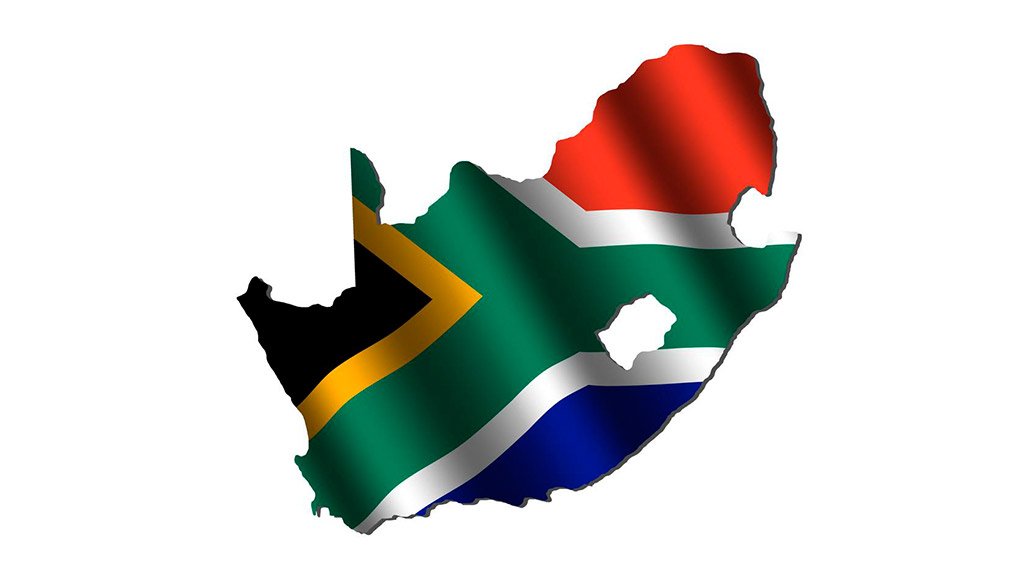/ MEDIA STATEMENT / The content on this page is not written by Polity.org.za, but is supplied by third parties. This content does not constitute news reporting by Polity.org.za.
Sex Workers Education and Advocacy Taskforce, Sisonke National Movement of Sex Workers, the Women’s Legal Centre and Sonke Gender Justice in South Africa applaud Amnesty International for adopting a new policy position calling for the decriminalisation of sex work, internationally.
Amnesty International joins other major international and local health and human rights organisations that support the decriminalisation of sex work, such as the World Health Organisation, UNAIDS, Human Rights Watch and, locally, the South African Commission for Gender Equality.
Sex work is currently criminalised in South Africa and South Africa is one of the few countries that criminalise both the buying and selling of sex by consenting adults. The need for the decriminalisation of sex work is particularly pressing based on the adverse impact that the criminal law has on sex workers and society, such as serious human rights violations, high levels of gender based violence and barriers to access to health services. The impact of the criminal law on the spread of HIV/AIDS was again illustrated at the South African AIDS Conference in June this year, where a research study presented found an astonishing 88.4% HIV prevalence among female sex workers who work with long distance truck drivers along the N3 highway.1
The decriminalisation of sex work is the only legal model for sex work that is based within the human rights framework which can support increased respect, protection and fulfilment of sex workers human rights as enshrined in the South African Constitution. Decriminalisation can have a direct impact on:
• reducing violence against sex workers, and the spread of HIV;
• ensuring increased positive health outcomes for sex workers, their clients and South African society more broadly;
• ensuring labour law protections for sex workers; and
• increasing sex workers access to recourse for human rights violations through the criminal justice system
The adoption of this policy position by Amnesty International will have a direct impact on our long-term advocacy for law reform for the decriminalisation of sex work in South Africa, and most importantly, in reinforcing the need for advancing and protecting sex worker fundamental human rights through urgent law reform. With the vocal support for decriminalisation by leading international organisations such as Amnesty International, we encourage the South African Law Reform Commission to make progress with its ‘Project 107: Adult Prostitution’ with a view to reforming the laws that criminalise sex work and facilitate violations of sex workers fundamental human rights. Moreover, we encourage the Department of Justice and Constitutional Development to accept Amnesty International’s policy position as a compelling factor in deciding on how it will present the eventual Bill on sex work to the Legislature. Similarly, we call on the South African National AIDS Council (SANAC) and the Department of Health to recognise the public health benefits of decriminalisation and to publicly support this position.
Issued by Sonke Gender Justice
EMAIL THIS ARTICLE SAVE THIS ARTICLE
To subscribe email subscriptions@creamermedia.co.za or click here
To advertise email advertising@creamermedia.co.za or click here











